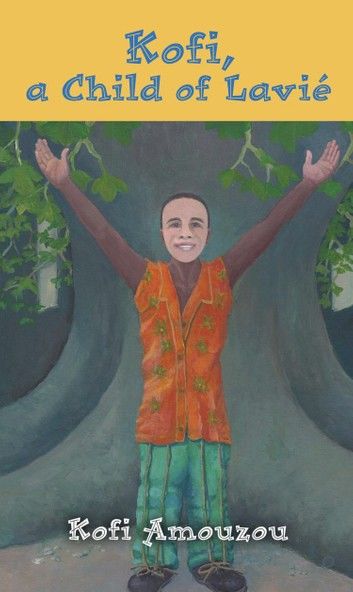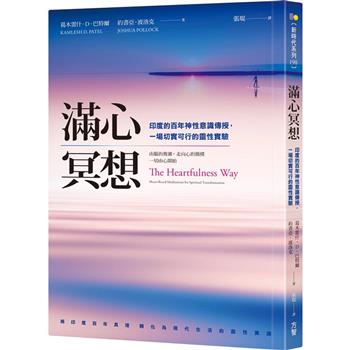| FindBook |
有 1 項符合
Kofi, a Child of Lavie的圖書 |
 |
Kofi, a Child of Lavie 作者:Kofi Amouzou 出版社:BookLocker.com, Inc. 出版日期:2014-08-01 語言:英文 |
| 圖書館借閱 |
| 國家圖書館 | 全國圖書書目資訊網 | 國立公共資訊圖書館 | 電子書服務平台 | MetaCat 跨館整合查詢 |
| 臺北市立圖書館 | 新北市立圖書館 | 基隆市公共圖書館 | 桃園市立圖書館 | 新竹縣公共圖書館 |
| 苗栗縣立圖書館 | 臺中市立圖書館 | 彰化縣公共圖書館 | 南投縣文化局 | 雲林縣公共圖書館 |
| 嘉義縣圖書館 | 臺南市立圖書館 | 高雄市立圖書館 | 屏東縣公共圖書館 | 宜蘭縣公共圖書館 |
| 花蓮縣文化局 | 臺東縣文化處 |
|
|
Kofi doesn’t care for the back breaking work of the farm. He would rather be back in the village of mud huts, Lavié, building cars from tin cans, dancing to the rhythms of the nightly drum circle or bathing in the town’s stream. But every day when he is not in school, he and his six siblings must make the two-hour trip in flip flops to clear the African soil and plant the crops his family needs to eat.
Kofi would also prefer to be in school, learning about the great African kings of the past. But school in the country of Togo is not free. It costs one dollar a year per student. Kofi’s parents try everything they can think of to pay those fees for their seven children: turning unsold cassava into more marketable gari, doing logging work, and even, taking a turn as a magician.
When Kofi turns thirteen, the worst happens. There is no more money to pay the fees. Out of school and facing a future of working on the farm, he despairs. What happens next will tug at your heartstrings as Lavié comes to the rescue in an unexpected way.
|











